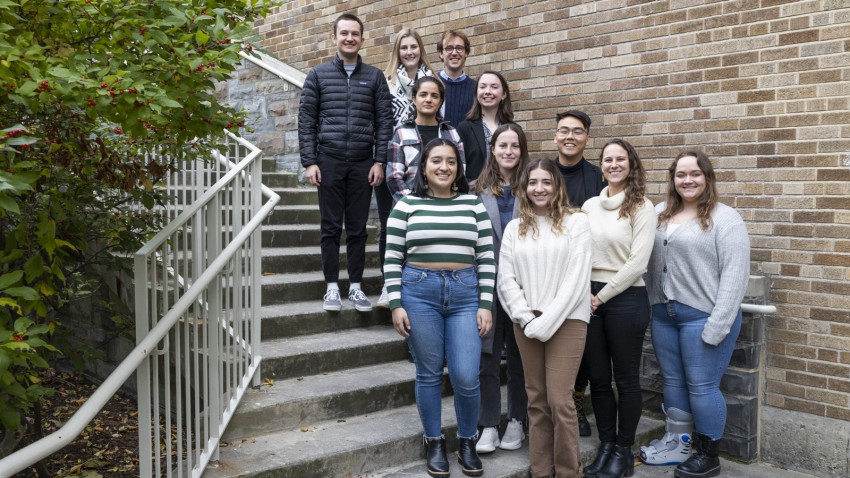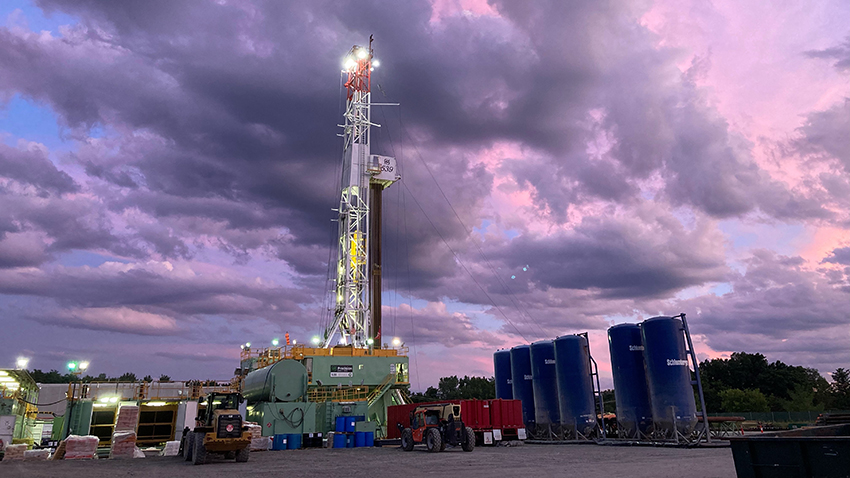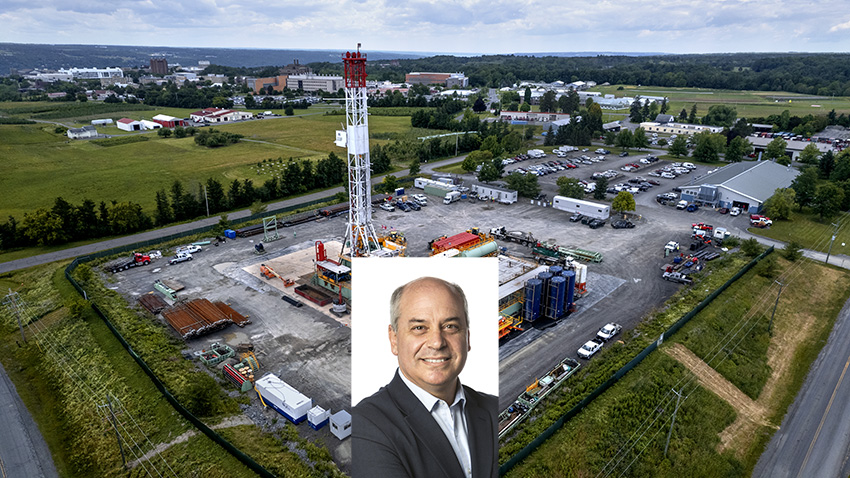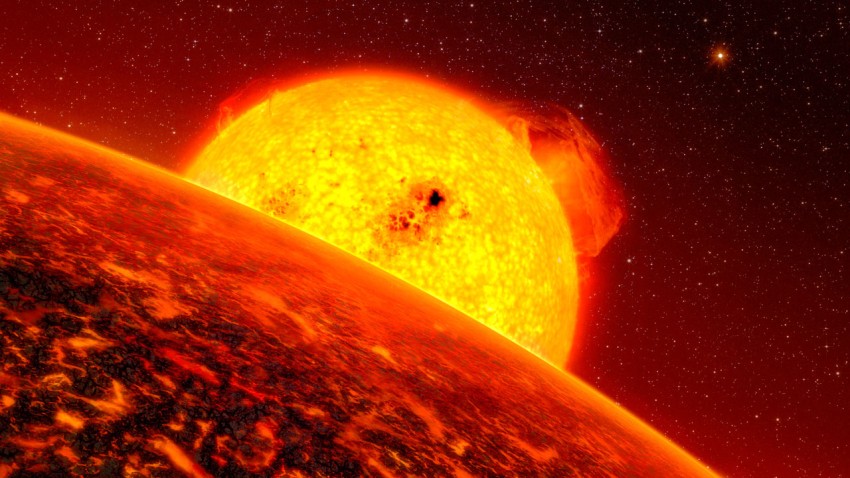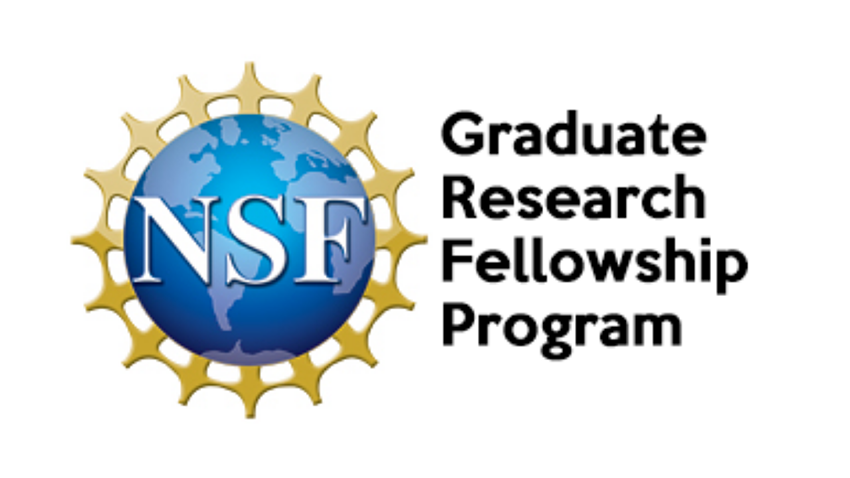
Trio of EAS students receive NSF Graduate Fellowships
Three Earth and Atmospheric Science graduate students—Andrea Gomez-Patron, Olivia Paschall and Kayla Russo—are among the 55 Cornell graduate students selected as 2022 National Science Foundation Graduate Research Fellowship Program (NSF GRFP) fellows. Read more



